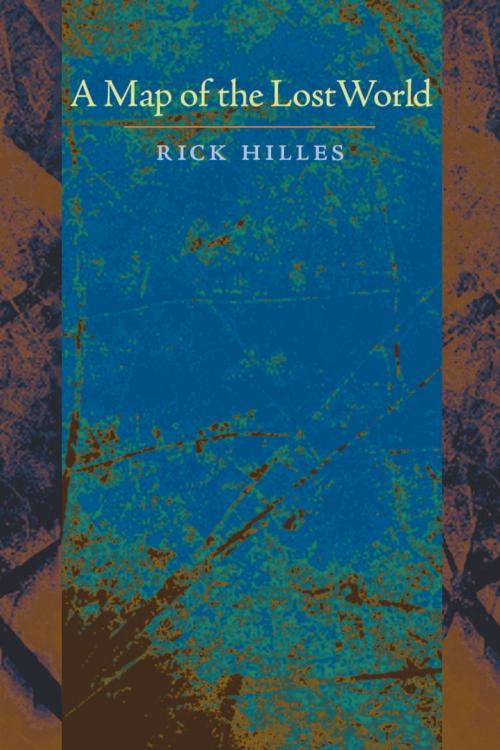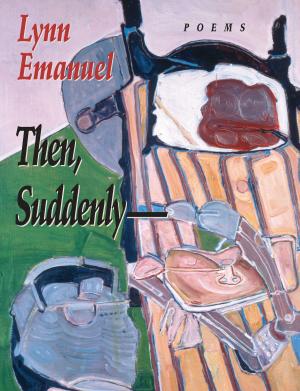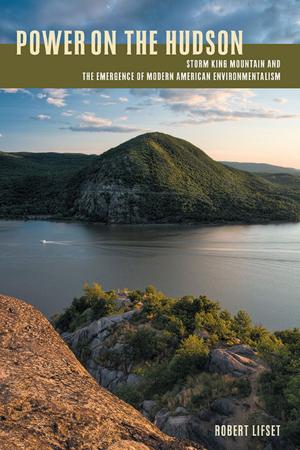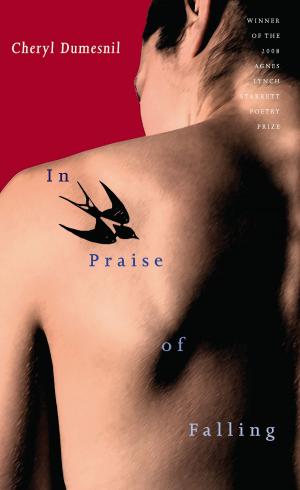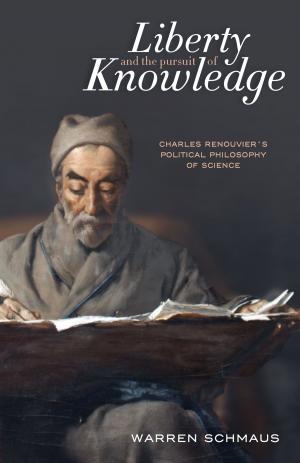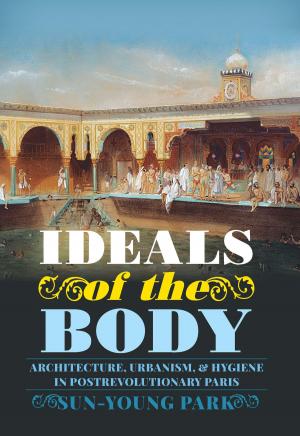| Author: | Rick Hilles | ISBN: | 9780822978367 |
| Publisher: | University of Pittsburgh Press | Publication: | January 29, 2012 |
| Imprint: | University of Pittsburgh Press | Language: | English |
| Author: | Rick Hilles |
| ISBN: | 9780822978367 |
| Publisher: | University of Pittsburgh Press |
| Publication: | January 29, 2012 |
| Imprint: | University of Pittsburgh Press |
| Language: | English |
The poems that make up A Map of the Lost World range from tightly-wrought shorter lyrics to longer autobiographical narratives to patterns of homage (in several forms) of poets that Hilles admires and emulates (including Richard Hugo, James Wright, James Merrill and Larry Levis) to extended voice-driven meditations, one in the voice of a German Jewish woman, a prisoner who would escape a French concentration camp and go on to fight in the French resistance, to other efforts to confront history and not be devoured by history, and to locate, even resuscitate, friends lost to death, if only provisionally; though each poem in A Map of the Lost World is highly crafted and diversely rendered, in this collection, each poem finds its unifying impulse in it’s maker’s desire to span vast distances to reach loved ones, beloved others, the various families of friends, fueled by an almost gymnastic imagination that vaults itself into almost any space—going to almost any length—sustained by the various forms of love, which, after all, may be as close as any of us has come (in this or any life) to knowing and warming ourselves, if not also at times being scalded by, the immortal fires of the Infinite.
The poems that make up A Map of the Lost World range from tightly-wrought shorter lyrics to longer autobiographical narratives to patterns of homage (in several forms) of poets that Hilles admires and emulates (including Richard Hugo, James Wright, James Merrill and Larry Levis) to extended voice-driven meditations, one in the voice of a German Jewish woman, a prisoner who would escape a French concentration camp and go on to fight in the French resistance, to other efforts to confront history and not be devoured by history, and to locate, even resuscitate, friends lost to death, if only provisionally; though each poem in A Map of the Lost World is highly crafted and diversely rendered, in this collection, each poem finds its unifying impulse in it’s maker’s desire to span vast distances to reach loved ones, beloved others, the various families of friends, fueled by an almost gymnastic imagination that vaults itself into almost any space—going to almost any length—sustained by the various forms of love, which, after all, may be as close as any of us has come (in this or any life) to knowing and warming ourselves, if not also at times being scalded by, the immortal fires of the Infinite.
